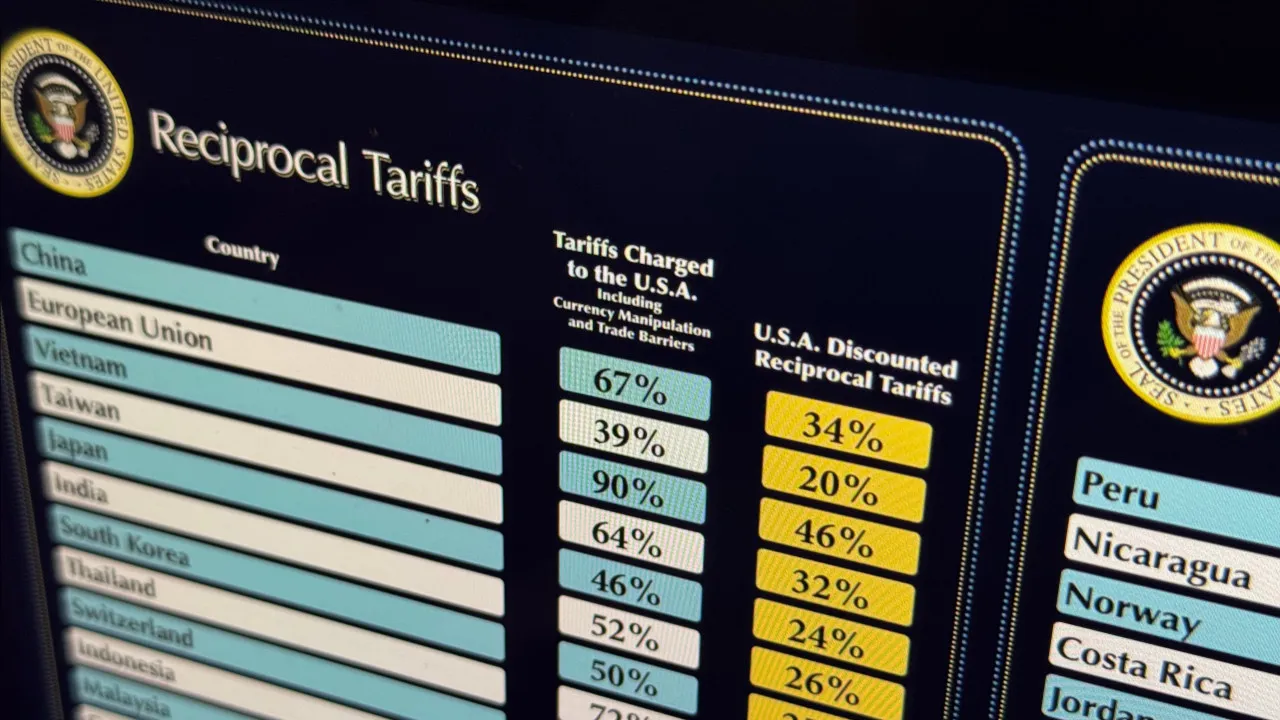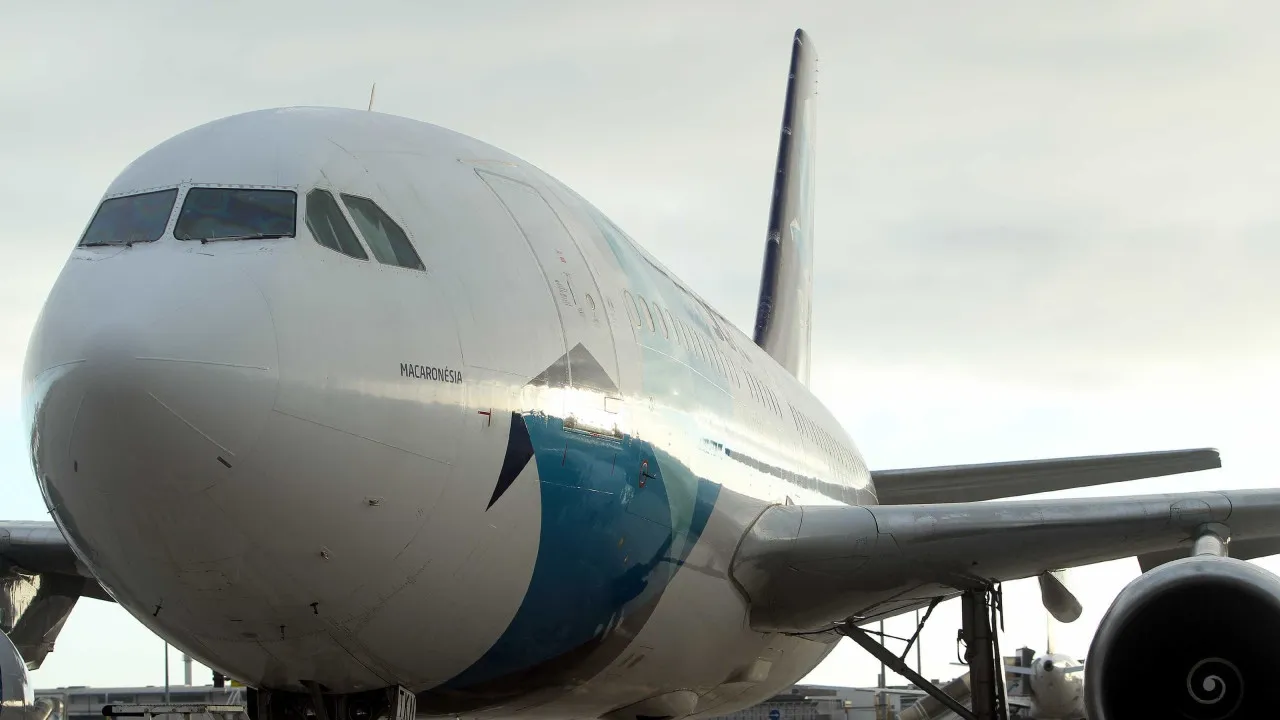
The president of the Federation of Portuguese Chambers of Commerce in Brazil, Carlos Alberto Lopes, emphasized that recent tariff changes “directly affect Portuguese companies established in Brazil or businessmen of Portuguese origin” in the region.
Karene Vilela, president of the Portuguese Chamber of Commerce in São Paulo, which has about 550 associated companies from various sectors, believes that additional tariffs have impacted Portuguese and Luso-Brazilian entrepreneurs established there.
“Especially in the supply chain sector, areas like machinery, equipment, consumer goods, and industrial components,” she stated, noting that the generally “highly dollarized” Brazilian industry increases production costs.
Portuguese businesswoman Renata Ramalhosa, based in São Paulo, the financial hub of Brazil and the largest city in Latin America, shares similar views, particularly because “additional tariffs imposed by the United States have the potential to impact the entire Brazilian economy, affecting the local business fabric and, consequently, the Portuguese companies established here.”
“These impacts can be direct, through commercial relations with the American market via exports, imports, or value chains linked to the U.S., or indirect, due to macroeconomic effects such as increased inflation, devaluation of the real, and rising interest rates,” summarized the counselor of the Portuguese Diaspora.
Renata Ramalhosa pointed out that “all this raises operational costs, reduces purchasing power, and makes credit more expensive.”
U.S. sanctions on Brazil have affected 35% of the South American nation’s exports, which has had a trade deficit with the world’s largest economy for five decades. Despite exemptions for products like aviation and iron, Brazilian goods such as meat, coffee, and fruits remain at maximum tariff levels.
In 2024, the United States accounted for 12% of Brazil’s exports, totaling $40.3 billion, while imports from the U.S. amounted to $40.5 billion.
The three Portuguese leaders agree that one solution lies in diversification and an emphasis on new markets, particularly by strengthening ties with the Asian continent, as well as signing the trade agreement between the European Union and Mercosur.
“Postponing this step leaves entrepreneurs and workers hostage to an unstable geopolitical scenario and increasingly severe trade barriers. It’s time to act to ensure the future of economic relations between Brazil, Portugal, and Europe,” noted Carlos Alberto Lopes in reference to the EU-Mercosur agreement, a market opening to over 700 million consumers.
Renata Ramalhosa argued that signing the EU-Mercosur agreement in the current geopolitical context “would have strong symbolic and strategic value, reinforcing cooperation between the two blocs.”
“It represents an alternative path to reducing dependence on markets subject to additional tariffs imposed by the United States, while encouraging diversification to other strategic destinations, such as Asia, Africa, and emerging markets,” she explained.
Karene Vilela also considers that the increasing global geopolitical instability makes it “more urgent to diversify destinations, diversify markets, and in this context, the EU-Mercosur Agreement would be extremely strategic to reduce tariff barriers, provide more predictability, and legal security between the two blocs.”
This week, Brazilian President Lula da Silva announced a package of assistance for exporters affected by the 50% tariffs imposed by Trump on Brazil, assuring that a global commercial offensive will be launched to seek new markets and replace exports to the United States.
“I’ve already spoken with India, China, South Africa, and I’ll talk with France, Germany, and the whole world,” he assured.




